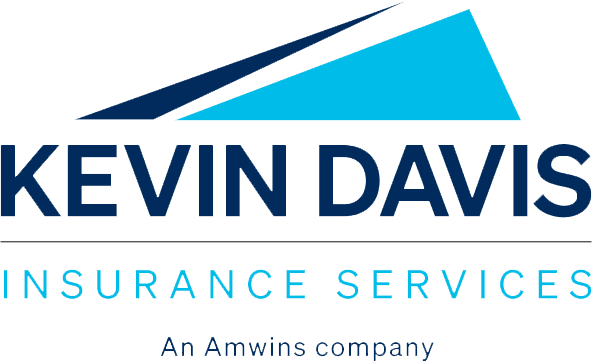
For homeowners in a planned development, or future condo owners looking into buying a unit within a planned development, special assessments can feel like they’re hovering. These unexpected and unknown expenses are hard for the homeowner or potential homeowner to budget and plan for, and can create challenges for them down the road.
And while it’s important for the homeowner to understand the circumstances that typically cause the need for special assessments, it’s even more important for HOAs to understand what should and should not be included in them.
The Need for Special Assessments
HOAs may need to levy a special assessment when it comes to emergency situations, even if its reserve fund is adequate. This is even more pertinent when an HOA doesn’t have the common areas under sufficient insurance. Natural disasters such as fires, tornadoes, and floods can end up causing unanticipated damage to common areas and are not usually considered as costs when funding for a reserve account.
This is a major reason as to why HOAs need a sufficient HOA liability program to cover the unexpected and be able to pay for damages to public-facing areas and cover unexpected issues.
HOAs should determine if they will need to set aside the right funding for future repairs by assessing the age and condition of the common areas. Older areas are usually more likely in need of repair and replacement sooner than those in a newer development, just based on wear and tear alone.
What’s more, there may be a number of factors that lead to a special assessment from an HOA. If a number of owners failed to pay their monthly dues, this could create a shortfall in the budget. If there is an unexpected or unusual maintenance issue, this can lead to a need to pull funds from an assessment. At other times, a special assessment is needed on account of infrequent maintenance issues, such as needing to replace sidewalks or roofs or upgrading the community amenities.
Don’t Use Special Assessments for Operating Costs
Special assessments should only be implemented if an HOA faces an unplanned capital expenditure, like a major repair, or needs to make a significant improvement that can’t be funded another way.
Some boards think they should keep their regular HOA assessment fees on the low end in order to appease homeowners and attract new buyers in the market. However, it’s important to make sure that the HOA’s budget is properly funded to take care of items like amenities and landscaping.
Limiting Special Assessments
Many states have adopted laws that restrict an HOA’s power to levy special assessments. There are places in the United States where the amount an HOA can collect is limited in special assessments during a calendar year, or it may require a vote of all the owners to levy an assessment.
The boards of directors have a fiduciary responsibility to present and pass an adequate budget every year to take care of expenses. A special assessment should never be used instead of proper budgeting and should only be used as a way to cover those unanticipated expenses not considered in the reserves for the association. If owners are not kept abreast of the funds and spending, this could lead to a number of legal problems that an HOA liability program should cover. Having coverage, such as a directors and officers liability program will help to alleviate major legal and financial woes for an HOA.
About Kevin Davis Insurance Services
For over 35 years, Kevin Davis Insurance Services has built an impressive reputation as a strong wholesale broker offering insurance products for the community association industry. Our president Kevin Davis and his team take pride in offering committed services to the community association market and providing them with unparalleled access to high-quality coverage, competitive premiums, superior markets, and detailed customer service. To learn more about the coverage we offer, contact us toll-free at (877) 807-8708 to speak with one of our representatives.


